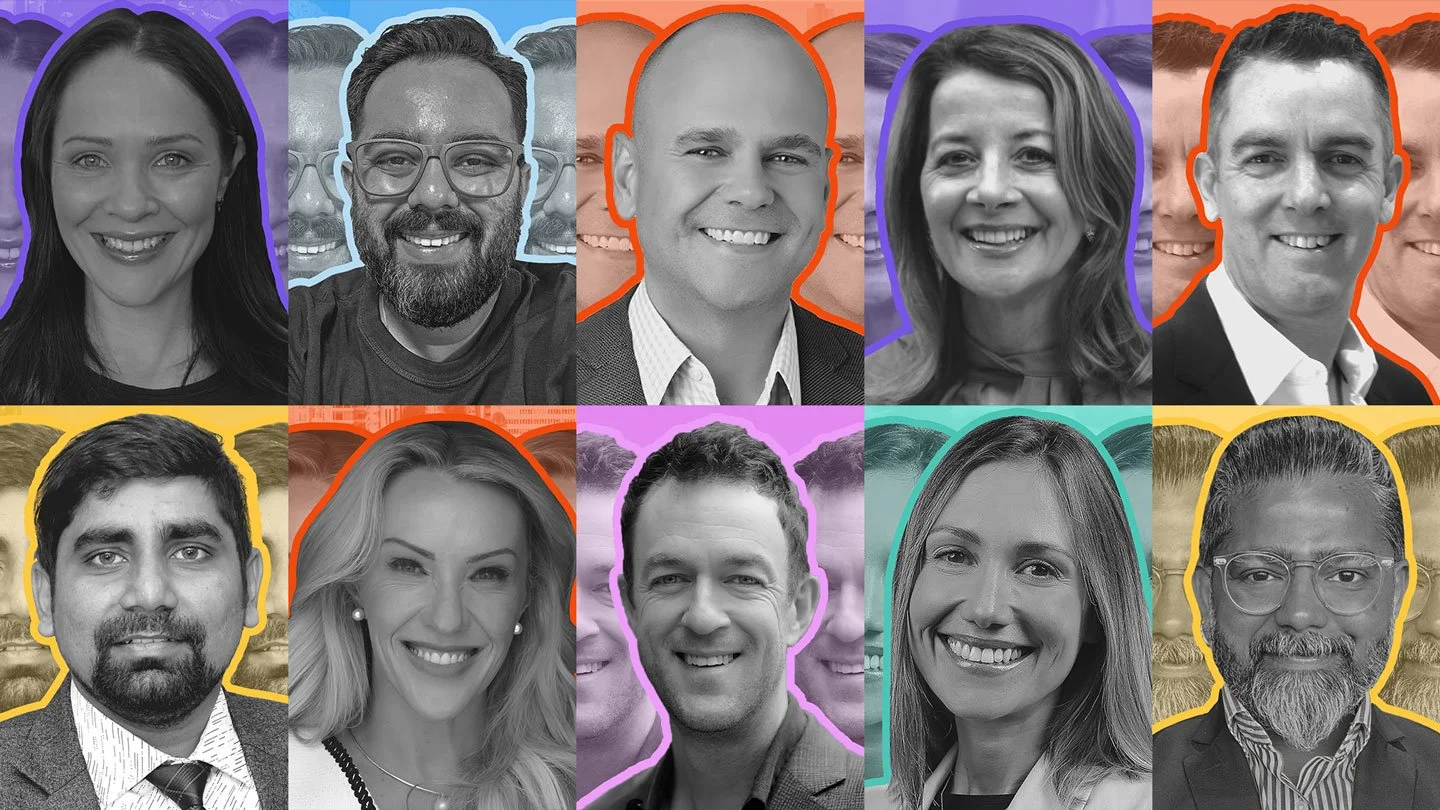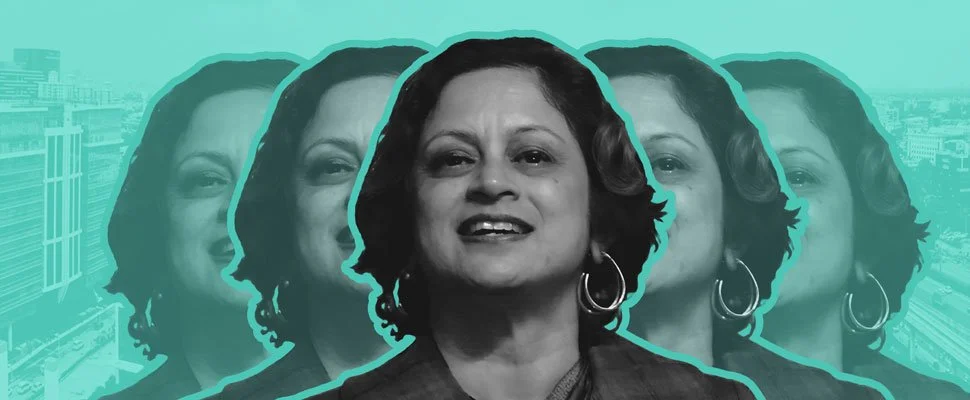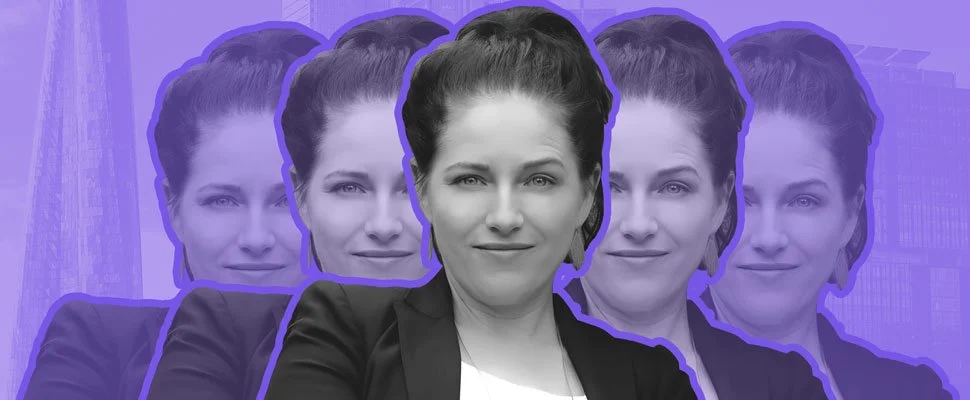Sustainability, Imagination & Play: Top Trends from Deloitte’s 2024 Human Capital Report
Deloitte’s 2024 Global Human Capital Trends report has landed, revealing the latest workplace trends you need to know.
Drawing on global surveys of 14,000 respondents from 95 countries, this annual Deloitte report unpacks the most pressing issues for organisations, leaders and workers.
This year’s report offers a central critical message: the more technology and cultural forces reshape work and the workplace, the more important uniquely human skills—like empathy, curiosity, and imagination—become.
Where to from here?
Here are three actionable takeaways from Deloitte’s 2024 global research and findings:
1. Create value for people as human beings
Human sustainability is the hot topic in this year’s report, and Deloitte proposes that it can drive better human and business outcomes.
So, what exactly does human sustainability mean?
Human sustainability is “the degree to which the organisation creates value for people as human beings, leaving them with greater wellbeing, employability and equity.”
As Art Mazor, Global Human Capital Practice Leader and Principal at Deloitte Consulting LLP, says, “While organisations grapple with a myriad of challenges, a fundamental shift they should embrace is putting humans back at the centre of work — after all, it is humans, more than any physical assets, that drive business performance. To achieve this, leaders should focus less on how much people benefit their organisation and more on how much their organisation benefits people.”
The good news is that most leaders already understand that focusing on human performance is critical to building a thriving organisation.
The bad news? The reality doesn’t match up: less than half (43%) of workers say their organisations have left them better off than when they started.
To close the gap between knowing and doing, organisations must first reset how they view relationships with people. Rather than thinking about people as cogs in the process, they should focus more on creating greater value for each person connected to the organisation.
2. The imagination deficit is real, and we need to address it now
Technological disruption is moving so fast that many organisations may soon face an “imagination deficit”.
Organisations have long focused on developing specific functional or technical skills that were easier to teach and made sense in a stable, predictable environment.
However, as the world becomes more interconnected and dynamic, organisations need people who can adapt to changing market conditions and drive new value. This requires entrepreneurship, innovation, curiosity, and other human skills that allow people to respond to changing conditions and imagine different futures.
The role of AI is critical, too. AI cannot replicate the curiosity and empathy that fuel imagination and lead to creative invention. So, the more AI-enabled work becomes, the more important human imagination becomes.
In other words, human skills are more important than ever.
According to Deloitte, organisations must help cultivate distinctly human skills, like curiosity, creativity, and critical thinking, to prevent an imagination deficit. They need to give workers and teams the autonomy to use these skills to shape their work. They also need to hire for these skills.
At the same time, individual workers must develop and practise these human skills, especially as AI and other disruptive technologies continue to play bigger roles in their working lives.
Here are just some of the skills the report says to focus on:
Curiosity: The desire for more information can improve communication, team performance, and innovation while reducing conflict and poor decision-making.
Informed agility: The ability to continuously accumulate, filter, and integrate information and pivot quickly to address new needs or environments.
Resilience: The ability to persevere in the face of rapid change and challenges.
Connected teaming: Collaborating effectively across geographic, organisational, and other boundaries builds empathy and allows teams to tap into teammates’ strengths and motivations.
Divergent thinking: The ability to think differently and look laterally can improve innovation, creativity, and inclusivity. Learn more about why diverse thinking matters.
Social and emotional intelligence: The ability to recognise, regulate, and express emotions while interacting with others in an empathetic, morally grounded manner.
Deloitte’s report isn’t the only one to promote human skills as essential for future workplaces. In a recent study led by business school professor Peter Cardon, business leaders said they will value "soft skills" (aka human skills) more in an AI world. Research by Harvard Business Review with company leaders and CEOs also highlighted the importance of specific human capabilities, particularly interpersonal skills, to successfully use AI.
3. Encourage play to unlock human skills
Are you giving workers opportunities to explore, experiment, disrupt and co-create?
Deloitte says organisations should encourage innovation through digital playgrounds.
The idea is that by giving workers a safe space and encouragement to play and search for new possibilities, they will tap into their natural curiosity and let go of the fear that may be holding them back from taking risks.
When workers are encouraged to play and experiment in a digital playground, they will likely be better able to adapt to disruption, navigate uncertainty, and ensure that the organisation always has the benefit of imagination. Digital playgrounds are also necessary for people to avoid falling into conventional ways of working, which may put the organisation at a disadvantage as technologies continue to advance.
Hackathons are a great example of digital playgrounds at work, as they are moments created purely to let people exercise their imaginations.
“Collaboration between humans and technology is a new frontier for work. Leading organisations exploring this interplay are encouraging their workers’ creativity and curiosity. By empowering employees to experiment with new tools and allowing them to explore how these technologies can be additive to their work, we can drive better business outcomes faster. This dynamic will propel businesses and their people into a tech-enabled future.” — Ramona Yan, Asia Pacific Human Capital Leader and Partner, Deloitte Consulting (Shanghai) Co. Ltd.
We know humans tend to learn best by practising, which is why digital playgrounds also support continuous learning and the development of new skills. This is particularly true when collaborating with others and working well with technology—a skill becoming increasingly critical in future workplaces.
Human skills are at the heart of growth and innovation
Deloitte’s Human Capital Trends Report is clear on one thing: human skills are the must-have skills if you want your organisation to thrive in the future. Dan Helfrich, chair and chief executive officer, Deloitte Consulting LLP, put it best when he said: “As technology and cultural shifts reshape work and the workplace, it’s our human capabilities and outcomes that remain at the heart of growth and innovation.”
Organisations need to hire for human skills, invest in their development, and create digital playgrounds to help people grow and practise their skills – and there’s no time to waste.
To start developing your human skills today, simply download the Hodie app, or explore Maxme’s menu of human skills programs for organisations or schools.
Prefer to talk through your options? Contact us at any time.










